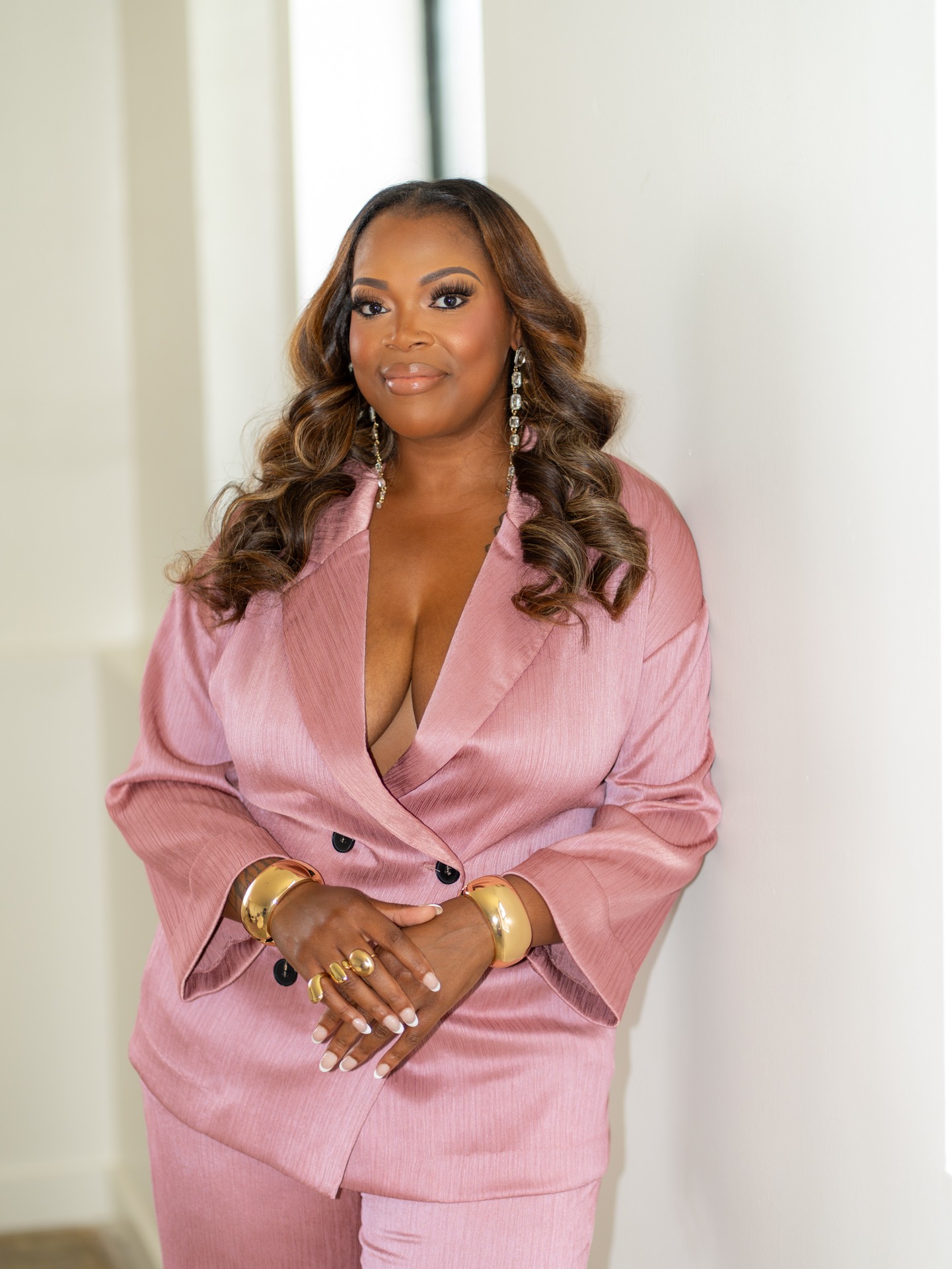

We’re looking forward to introducing you to Sunni Jones. Check out our conversation below.
Good morning Sunni, we’re so happy to have you here with us and we’d love to explore your story and how you think about life and legacy and so much more. So let’s start with a question we often ask: When was the last time you felt true joy?
The last time I felt true joy was during my recent trip to L.A. It wasn’t so much about the trip itself, but the space I was in. I had been pouring so much of myself into projects, growth, and just trying to keep up with life-life’n, that being there felt like a pause I didn’t know I needed. For the first time in a while, I was fully present.
I met people who didn’t need me to over-explain who I was or where I’d been—they just met me where I was. We laughed, danced, shared energy, and left our egos at the door. It reminded me of the beauty in simply being—not performing, not striving, but existing in moments that feel light, free, and real. That trip quietly shifted something in me. It became less about the location and more about alignment—being surrounded by good energy and realizing that joy doesn’t always come from doing more; sometimes it comes from being still enough to receive it
Can you briefly introduce yourself and share what makes you or your brand unique?
You know what’s funny? The last time I interviewed with your team, I was in a completely different space — doing something totally different. Life was happening fast, and I thought I had it all figured out. But the pivot year — that quiet, in-between season where everything shifts and you’re forced to meet yourself again — turned out to be the most transformative one yet.
I’m Kevia “Sunni” Jones — speaker, author, yoga and meditation instructor, and host of Uncorked Conversations, a podcast where we talk real life over wine — the kind of conversations that help you breathe a little deeper and laugh a little louder. I also facilitate Social Emotional Learning (SEL) and mental wellness workshops for youth and adults, creating safe spaces for people to reflect, release, and reconnect.
Through my community brands — Soulfood Sessions, where wellness meets R&B and elevated vibes, and Beyond the Glass Collective, a wine-centered community that brings people together to unwind and build connection — I’ve found ways to merge healing, joy, and authenticity in every space I touch.
What makes what I do special is that it’s real. I’m not teaching from perfection — I’m sharing from the middle of my own becoming. My work is about helping people feel seen and safe enough to soften. Whether it’s on the mat, behind a mic, or over a glass of wine, I want people to remember that they can start over, show up differently, and still find beauty in the process.
Thanks for sharing that. Would love to go back in time and hear about how your past might have impacted who you are today. What breaks the bonds between people—and what restores them?
I think what breaks bonds most often is misunderstanding — not just of others, but of ourselves. When we’re not grounded in who we are, it’s easy to project our confusion, pain, or unmet expectations onto the people around us. Pride, silence, or unhealed wounds can build distance before we even realize it.
But what restores bonds, for me, is grace — the kind that allows space for honesty, accountability, and compassion. Restoration doesn’t always mean the relationship goes back to what it was. Sometimes it looks like releasing resentment, having the hard conversations, or simply accepting that the relationship served its purpose.
That kind of peace — the kind where you honor what something was without forcing what it no longer is — that’s restoration too. Love doesn’t always have to look like returning; sometimes it’s learning to bless people from a distance and still wish them well.
What’s something you changed your mind about after failing hard?
Whew — honestly, failure taught me that sometimes what looks like falling apart is really just life falling into place.
I used to believe that failure meant I wasn’t ready, worthy, or capable. When things didn’t work out the way I planned — whether it was business, relationships, or even timing — I’d take it personally. I’d replay what I could’ve done differently instead of realizing that some things don’t fail because we did something wrong; they fail because we’ve outgrown them.
What I’ve changed my mind about is what failure actually means. I see it now as redirection — a sacred pause that invites clarity. Failing hard forced me to face myself, to ask better questions, and to redefine success in ways that felt true to me, not just impressive to others.
So no, I don’t see failure as the end anymore. I see it as a classroom — one that humbles you, refines you, and prepares you for what’s actually meant for you.
I think our readers would appreciate hearing more about your values and what you think matters in life and career, etc. So our next question is along those lines. Is the public version of you the real you?
For the most part, yes — what you see is who I am. I’ve worked hard to show up as my full self, both on and off the screen. The version of me that people see publicly is rooted in the same woman who’s still figuring things out behind the scenes — just with a little more intention and a lot more grace.
I think the difference is that the public version of me is curated through clarity, not performance. It’s not about being perfect; it’s about being present. I share my life, my lessons, my “soft life, hard lessons” moments — but I also protect certain parts because peace deserves privacy too.
There was a time I felt like I had to show everything to prove something. Now, I realize the real flex is alignment — being the same person in every room, whether it’s a podcast mic, a yoga mat, or a moment of stillness with myself.
So yes, the public version of me is real. But she’s also evolving — just like the private version.
Before we go, we’d love to hear your thoughts on some longer-run, legacy type questions. What do you understand deeply that most people don’t?
I think people might misunderstand that my legacy was built in the becoming, not the highlight reel. It’s easy to look at where I am now — the book, the accolades, the events — and see it as a polished story. But what most won’t see are the moments that shaped me quietly: the grief, the pivots, the prayers, the losses that turned into lessons.
My legacy isn’t about perfection, it’s about presence. It’s about choosing to heal out loud, to show people that you can start over as many times as you need to and still be worthy of good things. Some might mistake my softness for weakness, but that softness came from surviving seasons that could’ve easily hardened me.
I want people to know that my story isn’t one of having it all together — it’s one of faith, resilience, and surrender. If they remember me for anything, I hope it’s for being a woman who chose alignment over applause and still led with love.
Contact Info:
- Website: https://linktr.ee/Youcancallmesunni?utm_source=linktree_profile_share<sid=c1db3f7b-c571-43b5-b00b-fdbc55c8cad8
- Instagram: https://www.instagram.com/youcancallmesunni
- Facebook: https://www.facebook.com/kevia.jones.984
- Youtube: https://www.youtube.com/@sunnispeaks
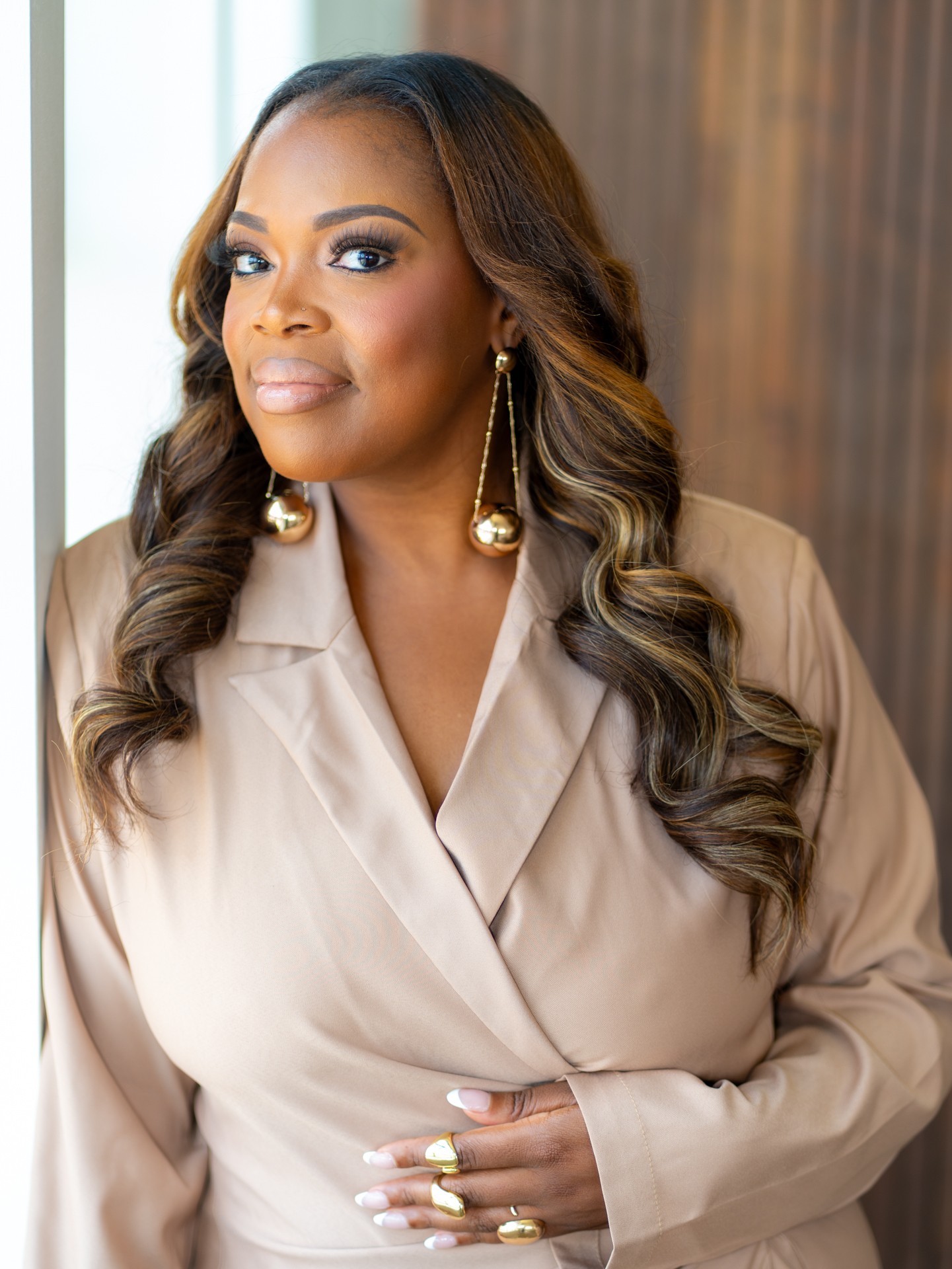
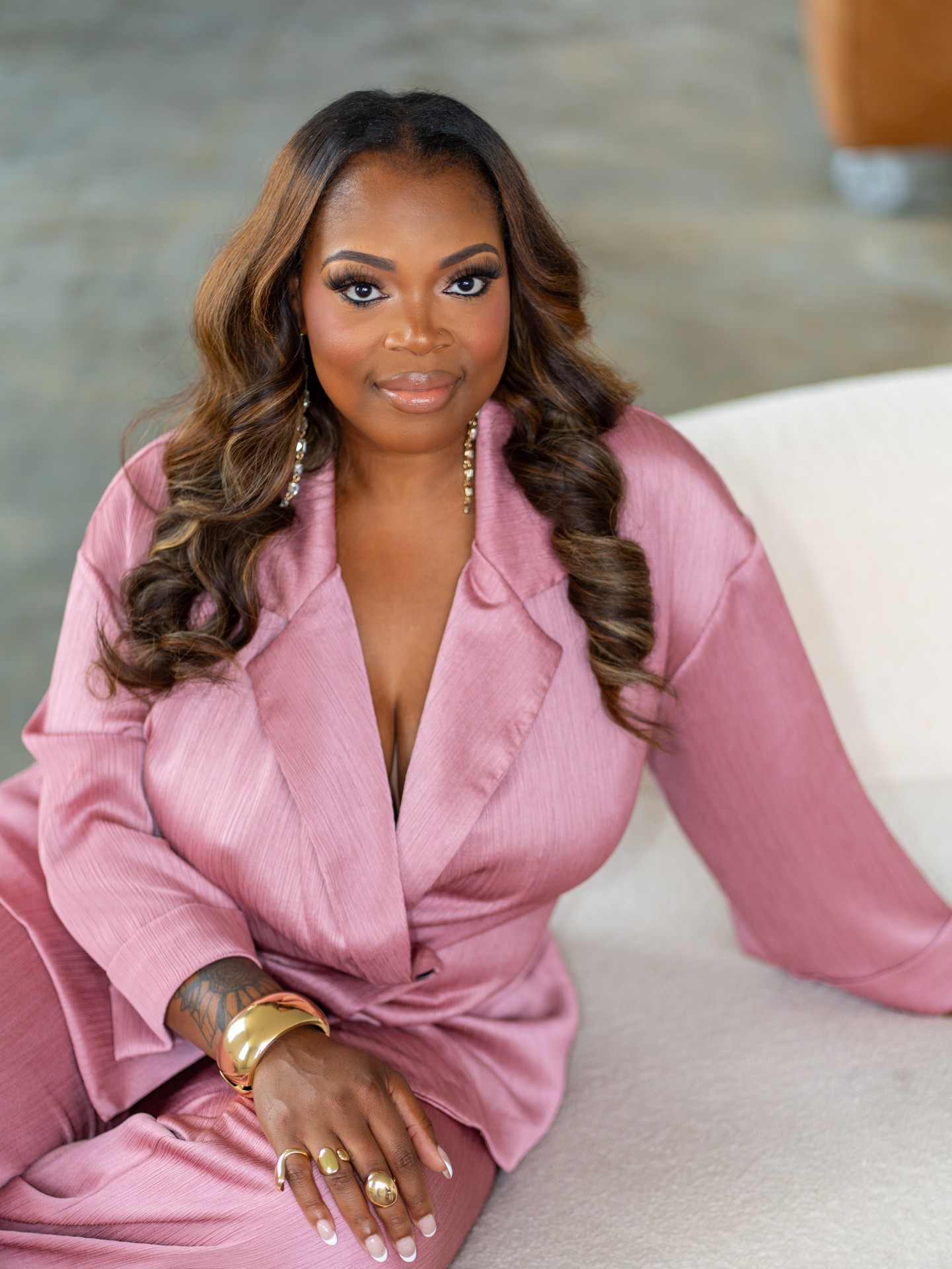
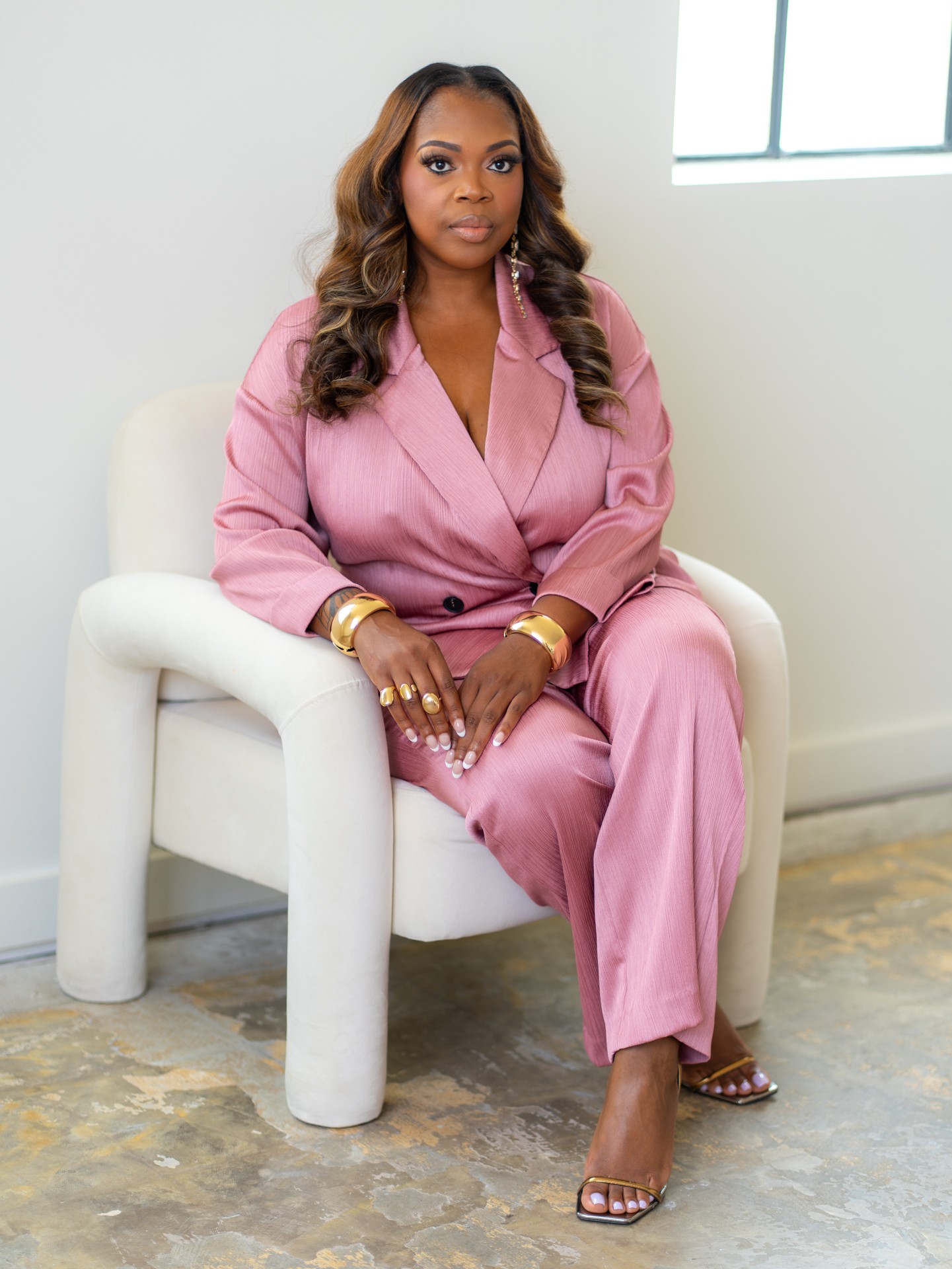
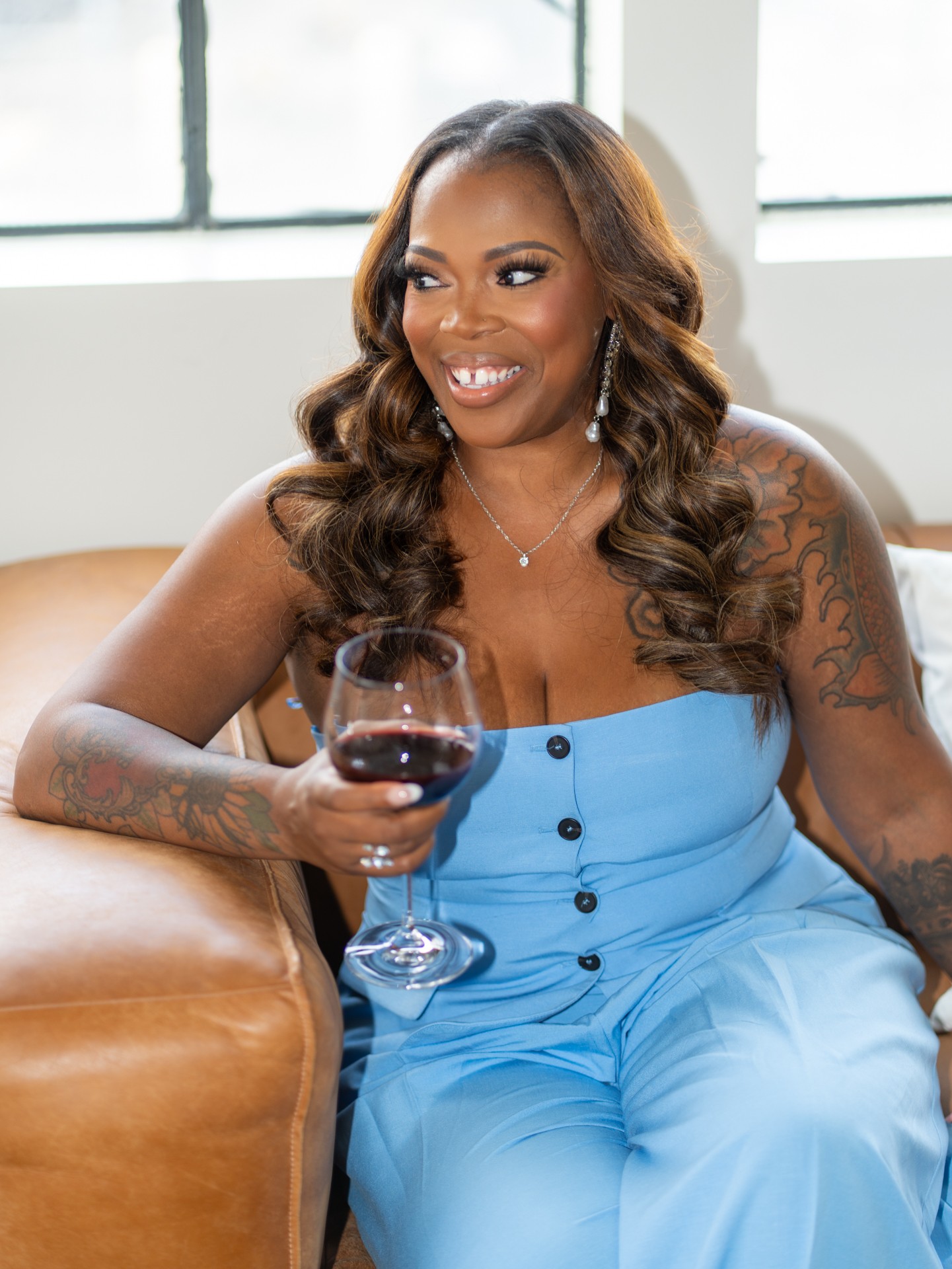
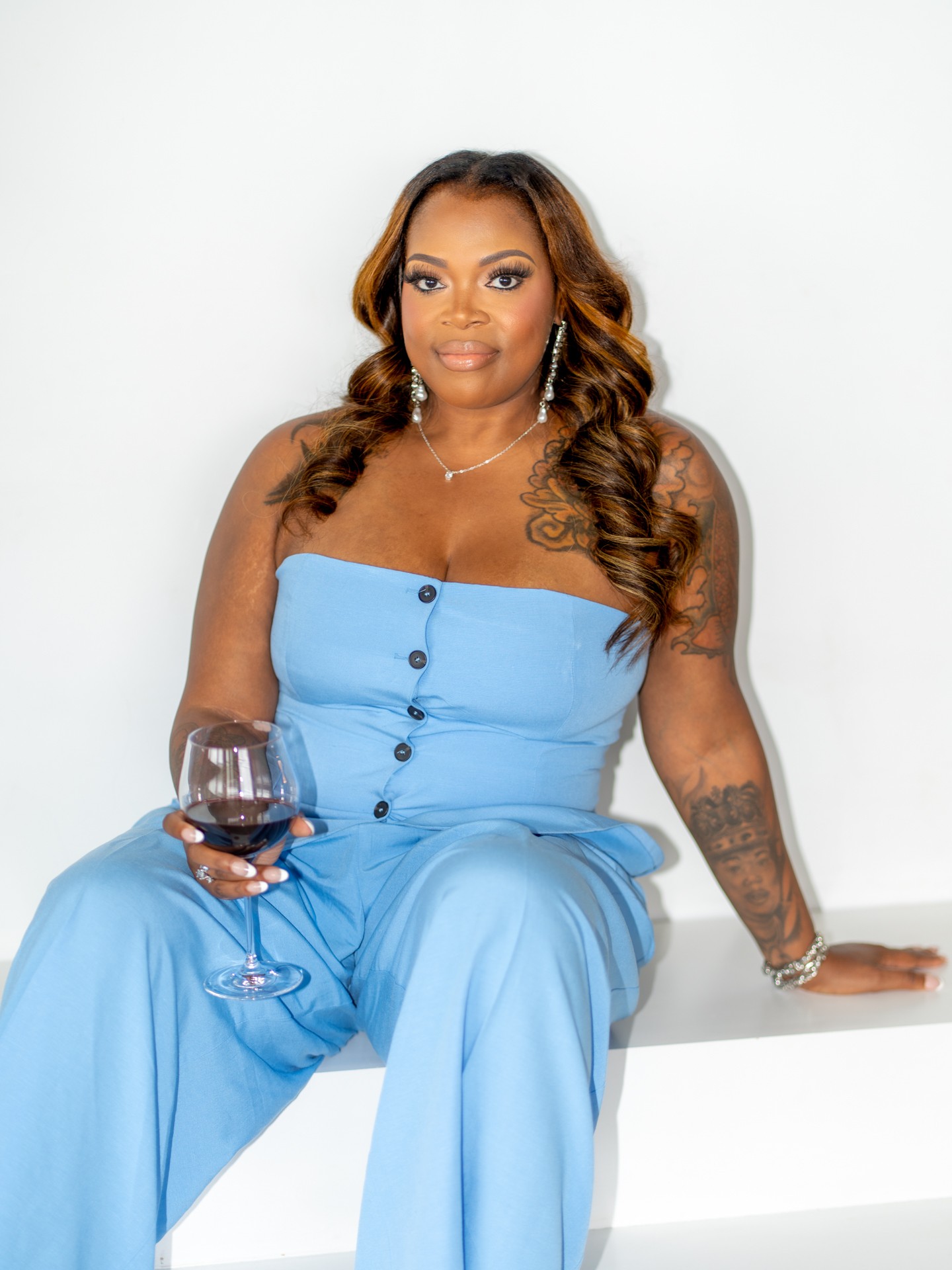
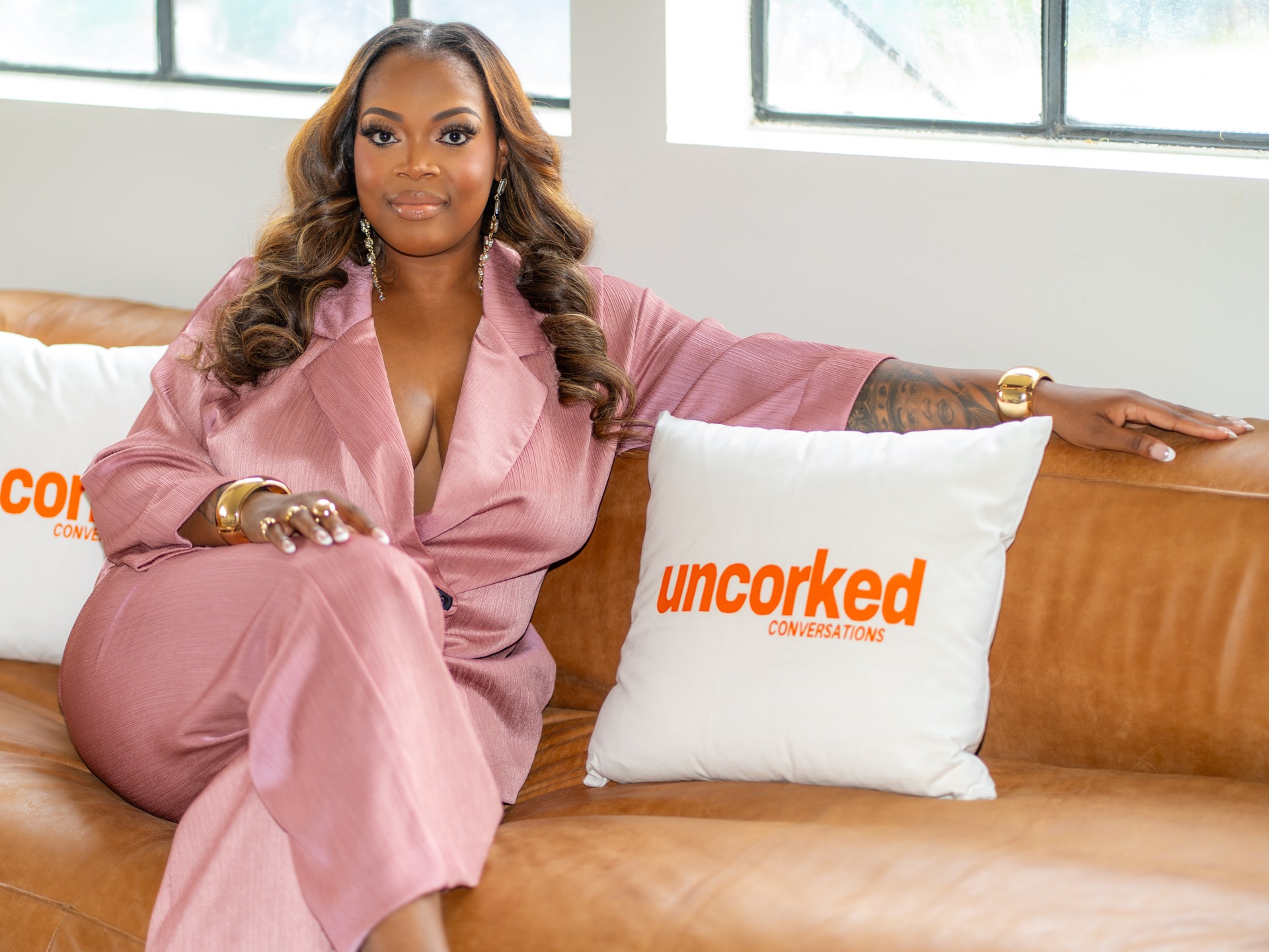
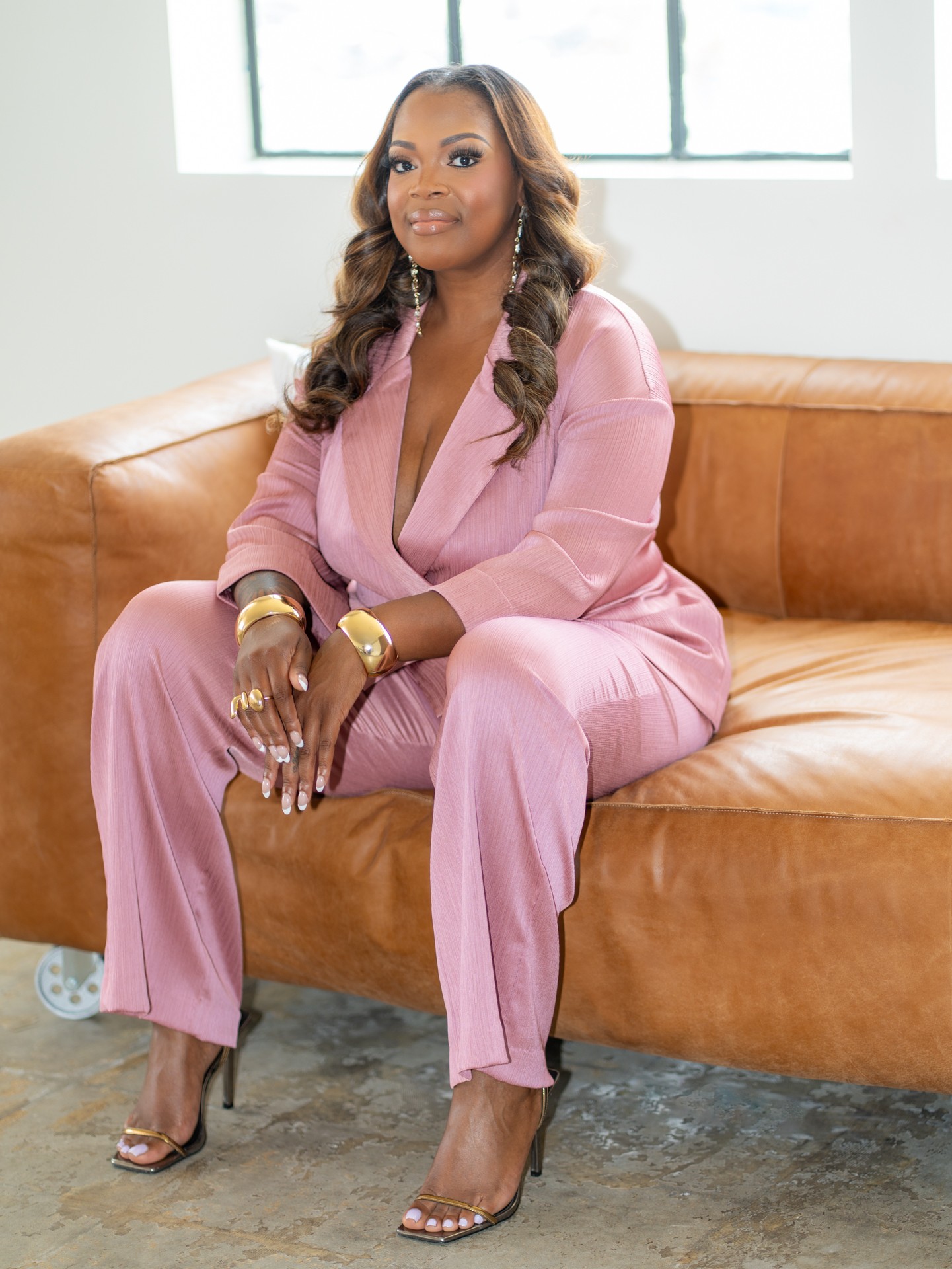
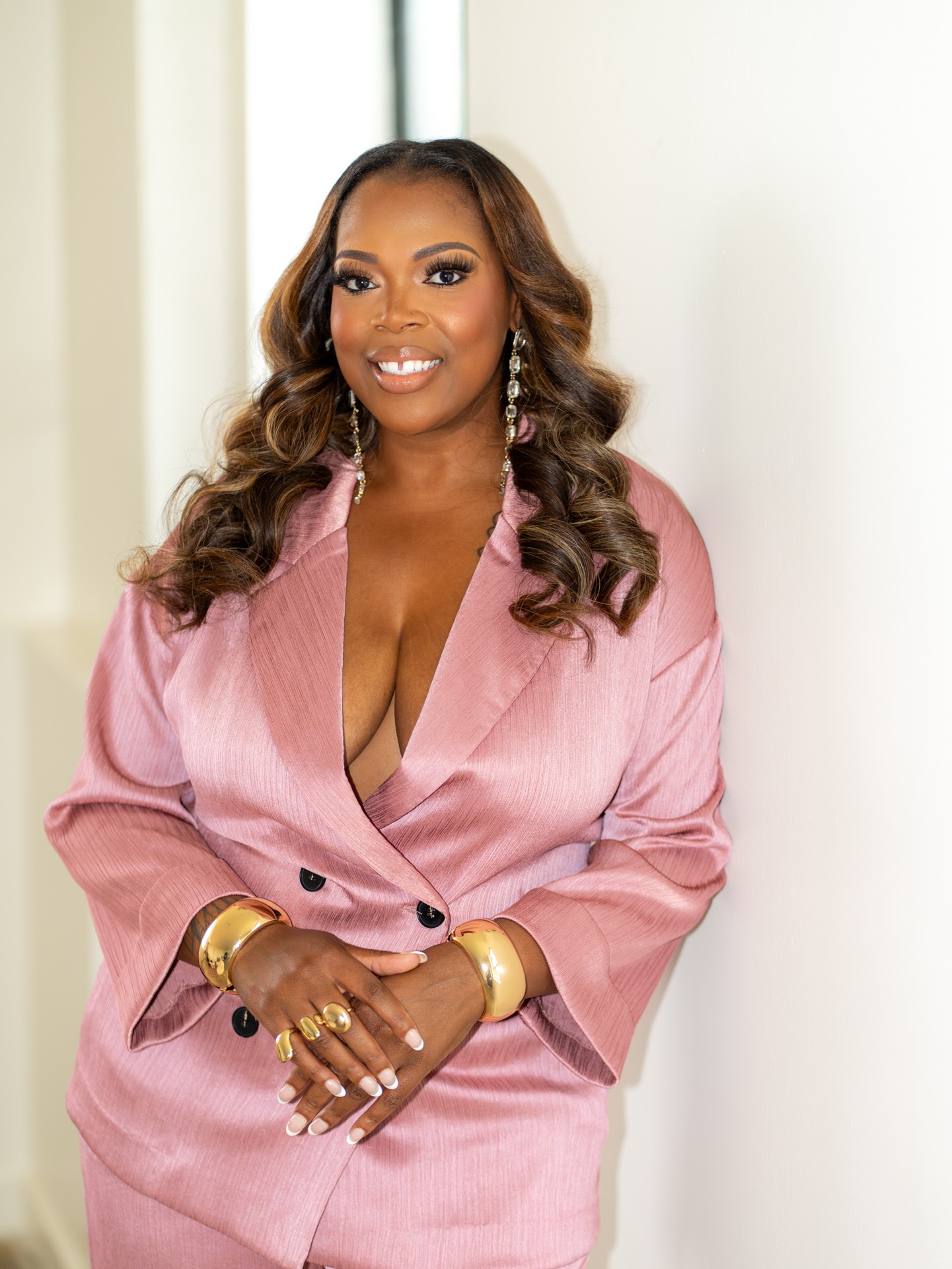
Image Credits
Photographer: Beardedwaynephotography










